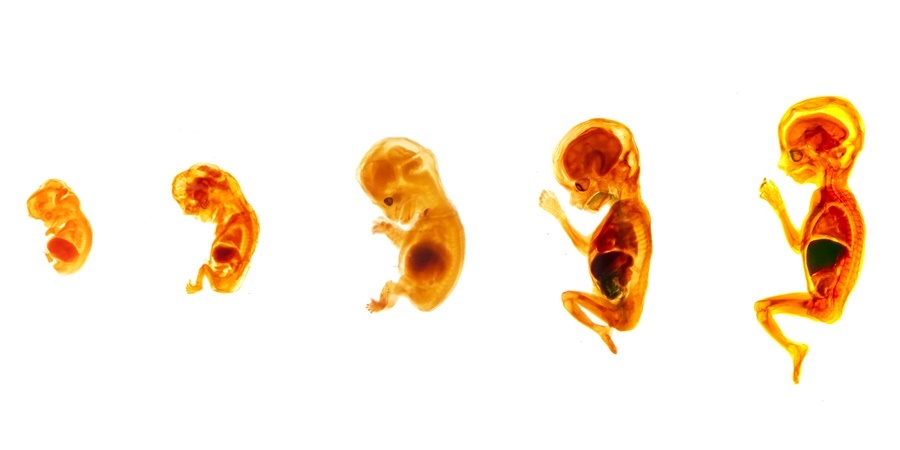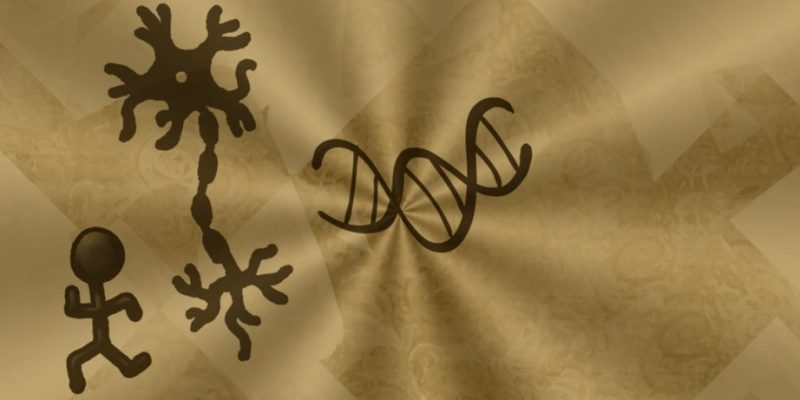
Caspar Friedrich Wolff (1733 – 1794) was a German scientist, and is considered one of the founders of modern embryology.

He was a proponent of epigenesis, which is the term used to refer to the development of organisms through a series of processes in which unorganized cell masses differentiate into specialized organs and organ systems.
Wolff felt he needed to explain this organizational drive of cells, and postulated an “unknown natural force,” the vis essentialis or essential life force as he called it, which, acting like gravity or magnetism, would organize embryonic development.
Later on in his scientific work, he tried to identify and clarify this vis essentialis, but he finally abandoned this project and stated that “the formation of organic bodies in general is caused by one natural force which inhabits the organic substance, and consists in nothing other than in a certain special and definite kind of attractive and repulsive force.”















